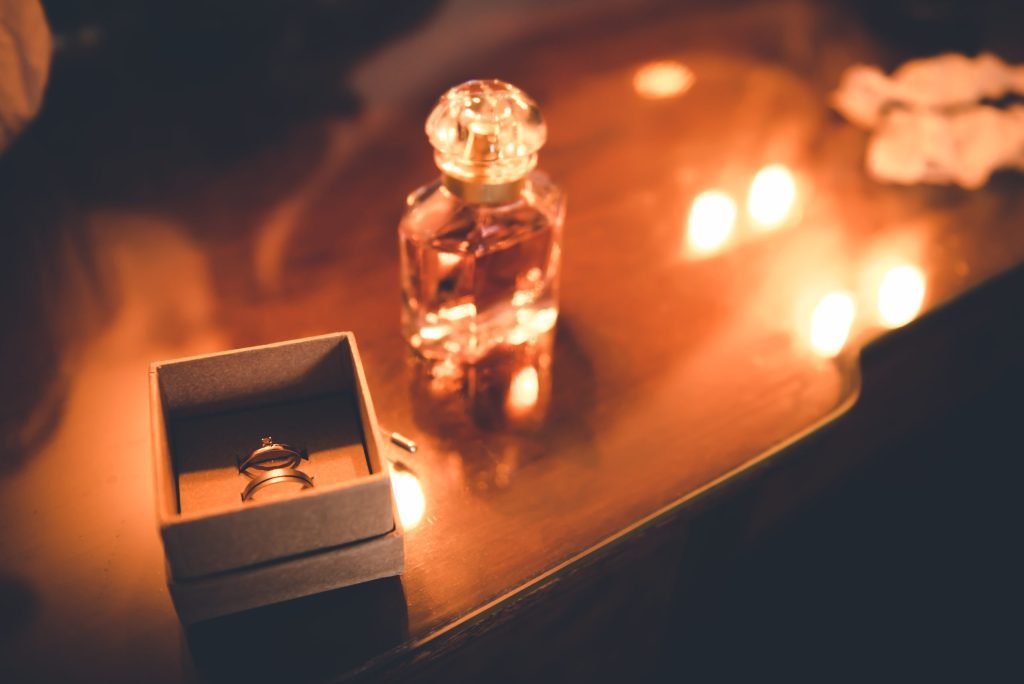That's the power of scent. In this blog, we'll journey through the maze of fragrances, exploring categories, understanding compositions, and unveiling factors that should guide your scent selection. Ready to find your olfactory signature?
Understanding Fragrance Categories
Dipping our toes into the world of fragrances, we encounter a colorful spectrum of scents. From the delicate whispers of florals to the commanding presence of woody notes. Floral fragrances, like roses or lilies, are perfect for romantic evenings or spring days. Orientals, with their warm vanilla or spicy notes, resonate with confidence and are ideal for colder months or elegant evenings. Woody fragrances, reminiscent of pine or cedar, exude a grounded aura, suitable for both casual and formal settings. A popular fragrance that captures the essence of sweet orientals is Love Don't Be Shy dupes. Whatever the category, there's a scent story waiting to be told.
Factors to Consider
Beyond categories, the art of scent selection is deeply personal. What smells divine to one might be overpowering to another. Your skin type, for instance, can alter the way a perfume unfolds. Oily skin tends to intensify scents, while dry skin may mute them. Then there's the backdrop of seasons and climate. A summer day might call for fresh citrusy notes, while a winter evening might lean towards amber. Longevity (how long a scent lasts) and sillage (its trail) are other critical aspects.
Perfume Notes and Compositions
Now, let's delve deeper into the anatomy of a perfume. Every fragrance dances to a three-part composition: top, middle, and base notes. The top notes are your first impression, fleeting yet impactful. Middle or heart notes form the core of the perfume, and base notes are the lasting memories of the scent. Understanding this can guide your choice. Love the initial burst but not the lingering scent?
Testing and Sampling
Theory aside, the real fun begins at the perfume counter. When sampling, spritz on pulse points and wait. A scent evolves over time, revealing its layers. Never rush this process. And if you're torn between fragrances, sample-sized bottles or decants are perfect. They allow for extended wear, giving you a clearer idea of how a perfume melds with your unique chemistry.



